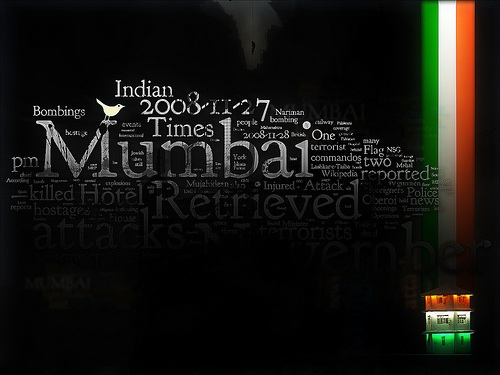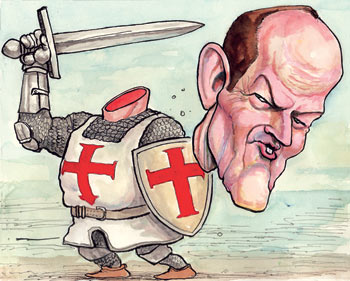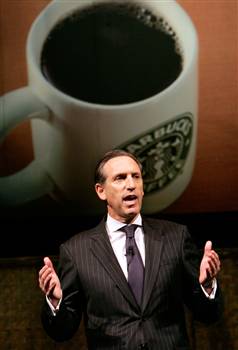Two stories in today’s (Feb. 6) New York Times compel me to blog.
Each reinforces our recent posts about self-inflicted harm, but each also provides its own teachable moment.
1. Wachovia Bank

Yesterday we blogged about the tendency of companies and their leaders to ignore a problem that is otherwise evident.
Another principle of crisis management is that companies can be forgiven if people have been hurt: killed, injured, insulted cheated, etc. But companies can’t be forgiven, and won’t be forgiven, if they’re seen not to care that people have been hurt.
Today’s Times, in a front business page story, reports that Wachovia Bank, which last year said it was unaware that fraudulent telemarketers were using the bank’s accounts to steal millions from unsuspecting victims, not only knew but had been put on notice about the fraud. Wachovia is the fourth-largest bank in the US.
The Times notes that newly-released documents in a lawsuit show that high-ranking employees at the bank frequently warned colleagues about telemarketing frauds routed through the accounts. Other banks and federal agencies also notified the bank, but it continued to provide banking services to the companies that helped to steal $400 million, the Times reports.
YIKES!!!! and DOUBLE YIKES!!!
Read more
 Tuesday Illinois governor Rod R. Blagojevich was arrested for trying to sell his appointment of President Elect Barack Obama’s vacant senate seat to a high bidder. He’s still governor (as of 3:30 PM Monday, December 15).
Tuesday Illinois governor Rod R. Blagojevich was arrested for trying to sell his appointment of President Elect Barack Obama’s vacant senate seat to a high bidder. He’s still governor (as of 3:30 PM Monday, December 15).








